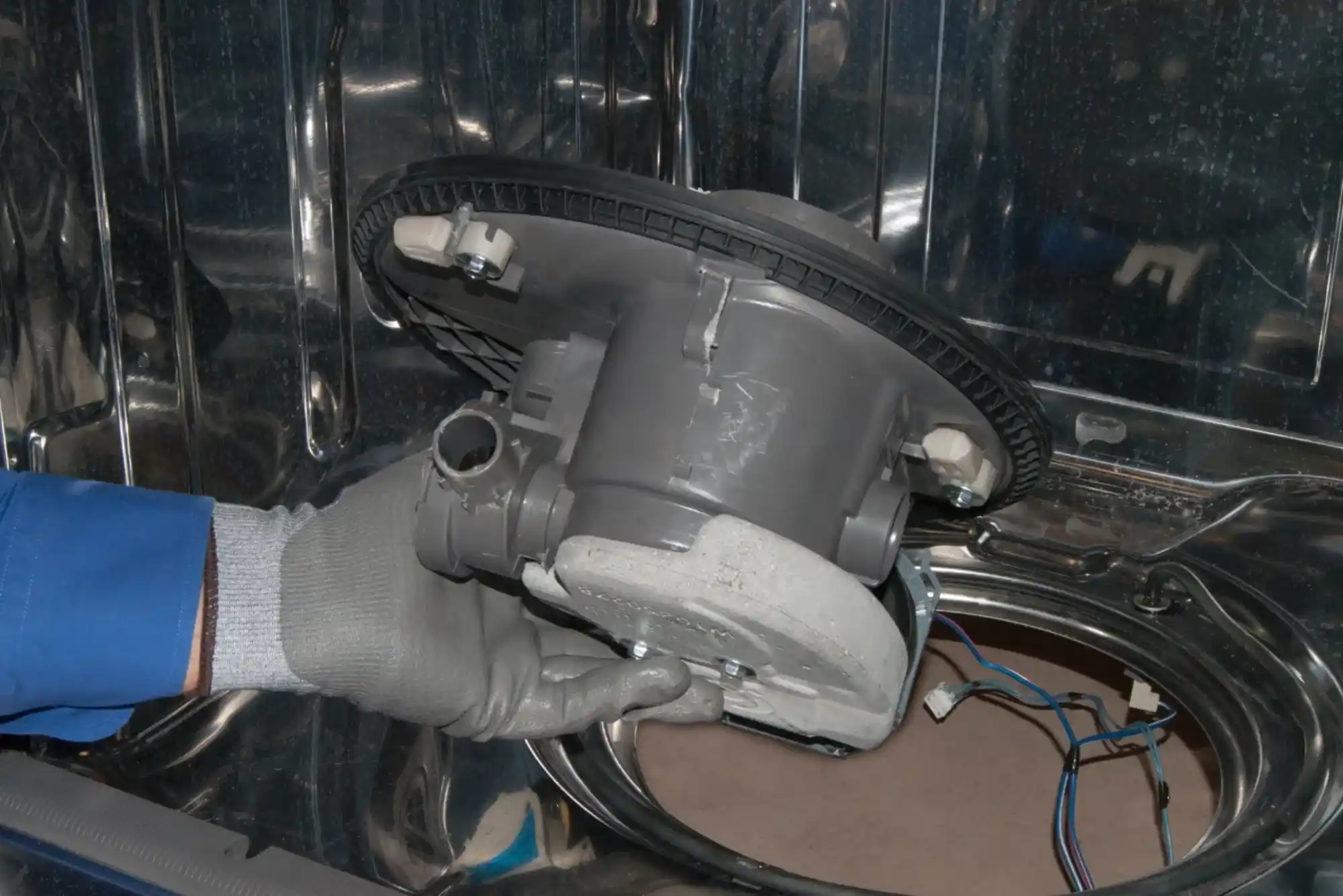Finding opportunities for hands-on live sound engineering practice in a bustling city like Delhi can feel overwhelming, but the capital of India is a vibrant hub for music, events, and technical training. Whether you’re an aspiring audio engineer or a seasoned professional looking to refine your skills, Delhi offers a variety of avenues to gain practical experience in live sound engineering in Delhi, India. From music venues to professional training institutes, this guide will walk you through the best places to immerse yourself in the art and science of live sound. By the end, you’ll have a clear roadmap to kickstart or elevate your career in this exciting field.
Why Hands-On Practice Matters in Live Sound Engineering
Live sound engineering is a craft that blends technical expertise with creative problem-solving. Unlike studio recording, live sound requires real-time decision-making, quick troubleshooting, and the ability to adapt to unpredictable environments. Hands-on practice is essential because it allows you to:
-
Understand sound equipment like mixers, microphones, and PA systems.
-
Develop an ear for balancing audio in diverse venues.
-
Learn to manage feedback, monitor mixes, and communicate with performers.
-
Build confidence in high-pressure, live event settings.
Delhi’s thriving music and events scene makes it an ideal place to gain this experience. From concert halls to cultural festivals, the city is brimming with opportunities to practice live sound engineering in Delhi, India.
Top Venues for Live Sound Practice in Delhi
1. Music Venues and Clubs
Delhi’s live music scene is a goldmine for aspiring sound engineers. Venues like The Piano Man Jazz Club, Hard Rock Cafe, and Blue Frog (when operational) host regular gigs, open mics, and performances that require skilled audio professionals. These venues often welcome volunteers or interns to assist with sound setup, giving you a chance to work with professional-grade equipment.
-
How to Get Involved: Reach out to venue managers via email or social media. Offer to shadow their in-house sound engineer or assist during events. Many venues are open to enthusiastic learners, especially if you’re willing to start with small tasks like cable management or stage setup.
-
What You’ll Learn: Mixing for live bands, managing stage monitors, and handling diverse genres from jazz to rock.
2. Cultural and Religious Events
Delhi hosts numerous cultural festivals like Diwali Melas, Qutub Festival, and Surajkund Mela, where live sound engineers are in high demand. Religious events, such as large-scale gatherings at gurdwaras or churches, also require professional audio setups.
-
How to Get Involved: Connect with event organizers or sound rental companies like Sound.com or Modern Stage Services. These companies often hire freelancers or trainees for large events.
-
What You’ll Learn: Managing large PA systems, outdoor sound reinforcement, and coordinating with event teams.
3. Corporate Events and Conferences
Delhi’s status as a business hub means frequent corporate events, product launches, and conferences at venues like India Habitat Centre or Pragati Maidan. These events often require polished sound setups for speeches, presentations, and performances.
-
How to Get Involved: Network with event management companies like Wizcraft or Showtime Events. Many hire temporary sound crew for big projects.
-
What You’ll Learn: Setting up wireless mics, managing multi-speaker setups, and ensuring clear audio for diverse audiences.
Training Institutes for Live Sound Engineering in Delhi
While real-world experience is invaluable, structured training can accelerate your learning. Several institutes in Delhi offer courses in live sound engineering that include hands-on practice.
1. Sound Engineering Schools
Institutes like Global Music Institute (GMI) and T Series StageWorks Academy offer specialized courses in live sound engineering in Delhi, India. These programs combine theory with practical sessions, often using industry-standard equipment like Yamaha or Soundcraft mixers.
-
What to Expect: Courses typically cover signal flow, EQ, dynamics processing, and live mixing techniques. Many include internships or live event projects.
-
Cost and Duration: Programs range from 3 months to a year, with fees between ₹50,000 to ₹2,00,000, depending on the institute.
-
How to Enroll: Check institute websites for application deadlines and prerequisites. Some require basic knowledge of audio or music production.
2. Workshops and Masterclasses
Short-term workshops by industry professionals are another way to gain hands-on experience. Organizations like AV Professionals India and Sennheiser India occasionally host masterclasses with renowned sound engineers.
-
What to Expect: Intensive sessions on topics like monitor mixing, digital consoles, or wireless systems. Some workshops culminate in live event simulations.
-
How to Find Them: Follow brands like Sennheiser or Yamaha Music India on social media for event announcements.
Building a Network in Delhi’s Live Sound Community
Networking is critical in the live sound engineering industry. Delhi’s tight-knit audio community offers plenty of opportunities to connect with professionals.
-
Join Local Audio Groups: Platforms like WhatsApp groups or Facebook communities (e.g., “Sound Engineers India”) are great for finding gigs, sharing knowledge, and meeting mentors.
-
Attend Industry Events: Events like Palm Expo in nearby Mumbai or Delhi’s own Music Expo attract audio professionals. Volunteer or attend to make connections.
-
Collaborate with Bands: Many local bands need affordable sound engineers for gigs. Reach out to bands via Instagram or at open mic nights.
Tips for Gaining Hands-On Experience
-
Start Small: Offer to assist at small events like college fests or open mics. These low-pressure environments are perfect for learning.
-
Invest in Basic Gear: Owning a small mixer or a pair of professional headphones can make you more valuable to event organizers.
-
Learn Digital Consoles: Familiarize yourself with popular digital mixers like the Yamaha QL series or DiGiCo SD series, commonly used in Delhi’s venues.
-
Document Your Work: Record your mixes (with permission) or take photos of your setups to build a portfolio.
-
Stay Curious: Experiment with different genres and venues to broaden your skills.
Challenges and How to Overcome Them
-
Competition: Delhi’s live sound scene is competitive. Stand out by being reliable, punctual, and eager to learn.
-
Equipment Access: If you can’t afford gear, focus on volunteering at venues or studios with their own equipment.
-
Unpredictable Schedules: Live sound gigs often happen on weekends or late nights. Plan your schedule to accommodate this.
Resources to Get Started
-
Online Learning: Platforms like Coursera or Udemy offer introductory courses on live sound basics.
-
Books: “The Sound Reinforcement Handbook” by Yamaha is a must-read for aspiring engineers.
-
YouTube Channels: Channels like “Mixing with Mike” or “Dave Rat” offer practical tips for live sound.
Conclusion
Delhi is a dynamic city for aspiring live sound engineers, with its mix of music venues, cultural events, and training institutes. By volunteering at gigs, enrolling in courses, and networking with professionals, you can gain the hands-on experience needed to excel in live sound engineering in Delhi, India. Start small, stay persistent, and immerse yourself in the city’s vibrant audio scene. With dedication, you’ll be mixing live shows like a pro in no time.




